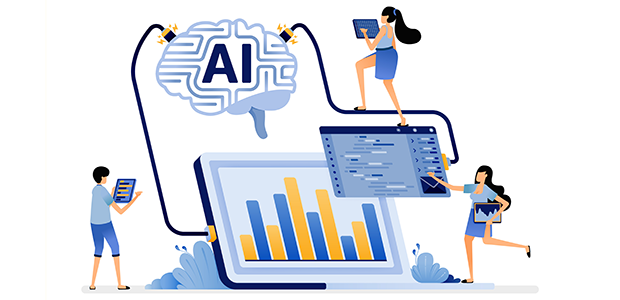
What does the OpenAI saga mean for other AI startups?
With Sam Altman resuming his role as CEO and the formation of a new board at OpenAI, one question arises: how has this leadership transition impacted both the startup and the broader generative AI landscape?
During a period marked by widespread layoffs in the industry, OpenAI's technology spurred the formation of numerous startups. Currently, however, many of these companies are facing uncertainty about their future prospects.
Gaurav Oberoi, the Founder of Lexion, a startup that relies on OpenAI to help companies streamline legal, sales and vendor contracts, told The New York Times that: “This is the debacle of the decade. It’s a lesson in how to destroy a huge amount of value overnight and their own reputation.”
But according to TechCrunch, the recent exits at the company behind ChatGPT might lead to the emergence of new startups. Concurrently, the ambiguity surrounding its future prospects could provide a competitive edge to its counterparts, like Anthropic and Cohere, in the advanced large language models sector, as noted by an analyst in a CNBC report.
When speaking with Bloomberg Technology, Conviction Founder and investor Sarah Guo acknowledged the significant role OpenAI has played in sparking a technological revolution in AI.
From Sara's perspective, the AI ecosystem has become more open and dynamic in recent times, a change partly attributed to OpenAI's current situation. While OpenAI is both highly regarded and, in some aspects, feared, its influence has somewhat diminished, leading to new opportunities within the AI sector.
While not directly invested in OpenAI, Sara has a close connection to the broader AI ecosystem. She shared her personal reactions to the unfolding events, focusing particularly on the impressive management of major players like Microsoft. She highlighted Microsoft's strategic agility and its ability to navigate complex situations, positioning the company for continued success.
Sara pointed out that there are significant opportunities at every layer of AI development, especially for independent foundation model labs like Mistral, Inflection, and Anthropic. She noted an increasing interest in open-source models, with corporations and developers seeking more control over their AI models and infrastructure. This trend is likely to attract continued investment from firms like Conviction in both full-stack and application-level AI companies.
The recent events, according to Sara, have made the marketplace for building generative AI technology more competitive. She observed that these developments have caused customers and developers of OpenAI to reevaluate their long-term partnerships and strategies. Transparency, she believes, is key in this environment, with customers increasingly inquiring about the viability and profitability of AI startups.

